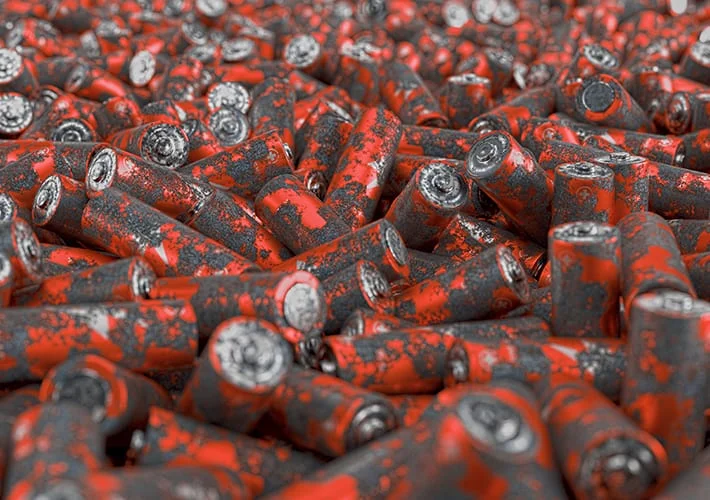You need to follow the correct procedure for disposing of them. If you don’t, your company could face a substantial fine for breaching HSE regulations.
This is 4 things you need to know to deal with batteries and electronic waste…
What is WEEE?
WEEE stands for waste electrical and electronic equipment. This covers electrical and electronic equipment at the end of its life, almost everything with a plug or battery.
That includes computers, mobile phones, photocopiers, printers, tablets, kettles, toasters, microwave ovens, fridges, lamps, shredders, and other office and factory equipment.
WEEE items are classed as household or non-household.
Most items are sold with a label showing a crossed-out wheelie bin, meaning they should not be placed in general household waste.

What are the 10 categories of WEEE?
- Small household appliances
- Large household appliances
- Consumer equipment
- Lighting equipment
- IT and telecommunications equipment
- Medical devices
- Electronic and electrical tools
- Leisure and sports equipment and toys
- Instruments for monitoring and control
- Automatic dispensers
How can WEEE waste be moved?
Any hazardous waste produced or shipped by businesses, including batteries and some items covered by the WEEE regulations, must have a consignment note if it is moved.
Hazardous WEEE waste includes fridges and freezers which contain ozone-depleting chemicals and electronic items with capacitors which contain polychlorinated biphenyls (PCBs).
This includes collections by registered waste carriers, movements between premises in the same business, and movements from your customers’ sites. The only exceptions are domestic waste, and waste covered by international waste shipment controls – when a different note is used.
The note must have the details of who has the waste and where it is going. It must also describe the waste and how it was created, detail the quantity and any chemical components.
Your carrier must enter their details, including the vehicle which will transporting it.
At each step of the process, the details must be checked, and signed off by the business sending the waste, the carrier, and those receiving it.
Find out more about consignment notes on the government website.
What are the rules for its disposal?
WEEE waste has to be taken to an approved authorised treatment facility where it is weighed and categorised.
The items are then broken up and component parts recycled and re-used wherever possible, while hazardous waste is processed safely.
Anyone dealing with waste batteries must be an approved battery treatment operator and evidence notes must be kept as proof. Find out more here: https://www.gov.uk/guidance/waste-batteries-treat-recycle-and-export
Ensure your batteries and WEEE waste are dealt with safely and securely. We offer secure destruction – or if you’ve wiped your computer hard drives, we can recycle them. They can then be used by local charities, for example. Need advice? Call us on 0800 002 9282 or Email: enquiries@inspirewaste.co.uk





